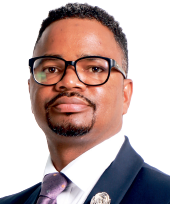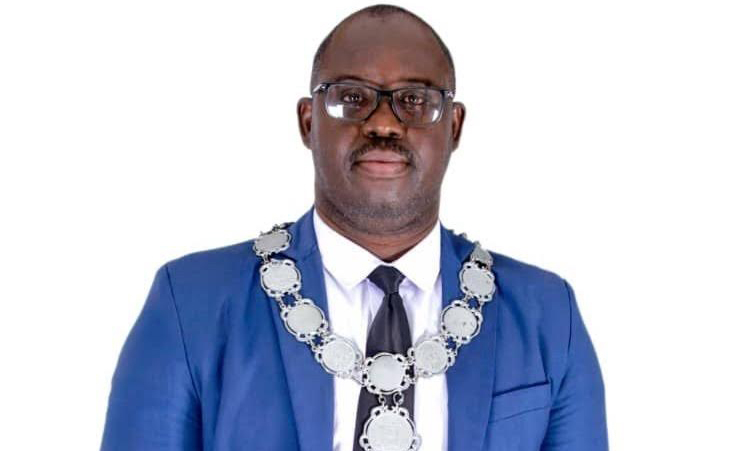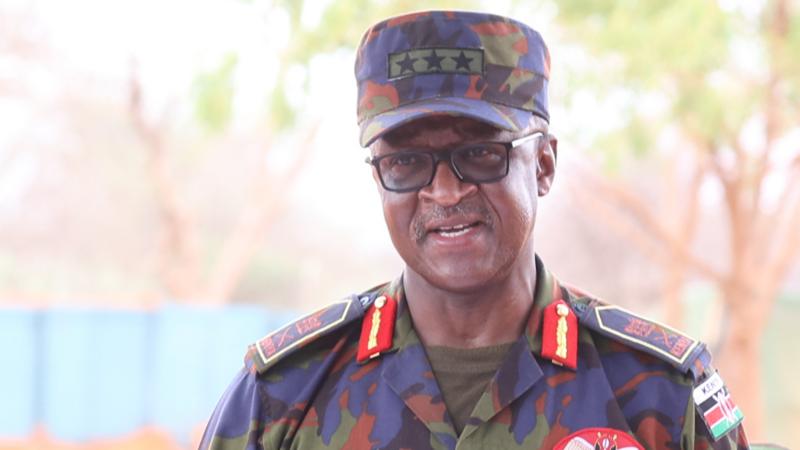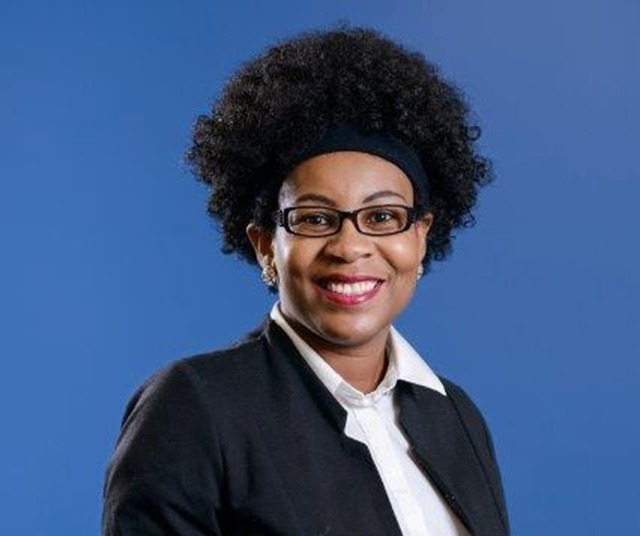COLIN Stanley (CS) was once the oldest in the classroom, only to become the youngest in the boardroom.
Walter Kariko (WK) chats to Stanley about his journey to becoming the Namibia University of Science and Technology’s executive dean of the faculty of computing and informatics.
WK: Who is Colin Stanley?
CS: I am an altruistic individual who easily relates to people from various backgrounds, irrespective of their status in society. I enjoy bringing the best out of people, and I’m charming and funny, so that boosts my people skills.
WK: As the new executive dean of the faculty of computing and informatics, what does your job entail?
CS: I am responsible for the overall strategic management and direction, quality control and performance of the faculty, including its academic staff, research, teaching and learning, service, student recruitment and experience, and financial outcomes.
For this portfolio, one must have proven educational thought leadership qualities displayed through exceptional governance skills, mentoring and coaching know-how, and the ability to generate additional income.
Competence in research leadership is essential. With the faculty management, we are introducing much-needed degrees for the fourth Industrial Revolution (4IR) and beyond, such as a multidisciplinary master’s degree in data science that is on offer at Nust this year for the first time.
WK: When did you join Nust?
CS: I joined the university as a student in 2001. I immediately felt at home, and eventually set my eyes on the academic route. In 2006, I was absorbed into academia as a tutor, then gradually worked my way up to various posts over the years, in posts such as junior lecturer, lecturer, and then associate dean for teaching and learning.
I became the acting dean for the faculty in May 2019, until my official appointment recently. I am also currently acting as the deputy vice chancellor for research, innovation and partnerships.
It is an interesting, ongoing journey, which has been made possible by various leaders who have selflessly mentored me.
WK: Walk us through the experiences that shaped your career.
CS: I have had many key role models from a tender age – from my late uncle Teha Kuamunika, who was a priest, to my now over-80-years-old grandmother, Kospi Kumeeja, who is a hard worker.
My late grandfather Ludwig Stanley, who was a veteran, taught me about resilience and making sure I appreciated our country’s rich history, which included his personal experiences with Namibia’s founding president, Sam Nujoma.
If I have to single out one specific life experience that shaped my career, I would say it was when I was in Grade 4 at Hosea Kutako and Stampriet Primary School. I failed this grade, not once, but twice, and I had to repeat the grade, which made me the oldest in the class. I was teased endlessly for being the ‘toppie’ in class, but I eventually pulled up my socks. Now I have gone from being the oldest in the classroom to the youngest in the boardroom.
WK: What excites you most about being the new executive dean at one of the most prominent universities in Africa?
CS: The faculty that I am leading is mandated to support the university with its digital transformation strategy. This is exciting because Nust is traversing in the new innovative digital world under an unprecedented rapid demand for change. This will be propelled through various initiatives, such as the recently introduced High-Tech Transfer Plaza Select (HTTPS).
To remain relevant, the university is critically relooking at its core business processes in line with digital transformation. This will assist Nust to achieve significant improvements in productivity and satisfaction for staff and stakeholders.
The needs of students are getting fickler, which requires us to rethink user experience.
The demand for seamless e-services has become mandatory for higher education institutions to remain competitive.
WK: What is the best part of your job?
CS: I work with brilliant people – from professors to junior lecturers and administrators. The best part is that we constantly investigate ways to do our job more efficiently with technology. We have an ubuntu culture in the faculty, and that is the best part of it all.
My PhD research was focused on co-designing crowdsourcing software solutions with Ovahimba communities, and although my schedule is quite busy, I still manage to engage communities in that area. I always emphasise that when one creates innovative products, one must not turn a blind eye to the Namibian indigenous knowledge or our African epistemologies that embrace ubuntu in a broader context. The fact that I can wear many hats within one job, and meaningfully engage communities at all levels is essentially the best part of my job.
WK: What skills are integral to a career in your sector?
CS: Irrespective of any specialisation in computing, one must have the ability to systematically analyse problems and trace them to their core causes. One must be a stickler for accuracy. Above solving complex problems with simplicity, one must also be emotionally intelligent.
WK: How important are professional relationships in the education sector?
CS: This is critical as the best science comes from universities’ international collaborations. Governments should play a vital role to ensure that universities and their researchers have the resources, facilities and incentives to create and sustain functional, mutually beneficial partnerships.
WK: What are the specific leadership traits you are bringing to the faculty?
CS: I am a servant leader who leads by example.
Stay informed with The Namibian – your source for credible journalism. Get in-depth reporting and opinions for
only N$85 a month. Invest in journalism, invest in democracy –
Subscribe Now!






